From July 21st to 27th, Professor Zhang Wusheng from Fudan University, along with professor Ban Tianke from Fudan University, professor Shi Mingzhou from China University of Political Science and Law, and professor Ding Pengchao from Guangdong University of Finance and Economics went to Tokyo to exchange ideas on the practice of Sino-Japanese concentrated trials. In order to understand the operation of the Japanese trial system in real term, professor Zhang Wusheng and his team attended the court trials as auditors in the Tokyo District Court and the Tokyo High Court from 22th to 23th. Basing on the field trip, they interacted with scholars and judges from the Tokyo Civil Procedure Law academy, the Tokyo District Court and the Japanese Supreme Court Judicial Institute in the following three days.
On the afternoon of the 24th, the group were invited by Kazuhiko Yamamoto, who was the chief of "IT-Civil Judicial Procedures Legislation Group" of the Ministry of Justice and also the professor of Hitotsubashi University, to hold a seminar with professors from the University of Tokyo, Hitotsubashi University, Chuo University and Tokyo Metropolitan University.
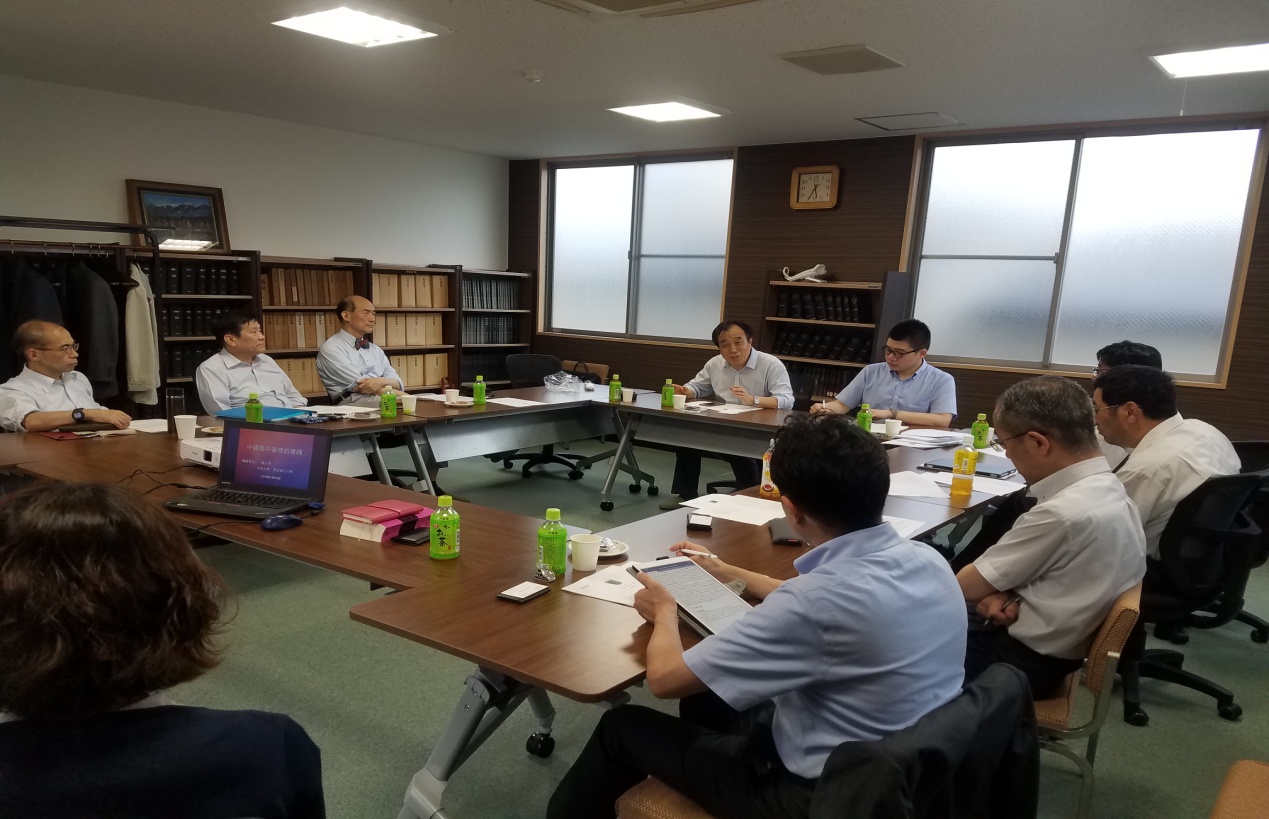
At the beginning of the seminar, professor Makoto Ito delivered a speech on behalf of the Japanese participants. On the basis of reviewing the history of theoretical exchanges between China and Japan in the field of civil procedure law in the past 40 years ever since the Reform and Opening-up, he raised expectations for a deeper theoretical and practical exchange in the future. Later, professor Zhang Wusheng introduced the reasons for the concentrated trial reform, the cooperation with a number of courts to carry out the trial reform, as well as the results achieved. He focused on the specific practice of “exchange of pleadings before the hearing” and how to achieve the goal of ending the court in a relatively short period of time. Besides, videos recording the trial by the judges such as Fan Yi from the Shanghai Pudong New Area People's Court in accordance with the concept and method of concentrated trial were fully broadcasted. And the videotape recording the trial by the collegial panel of He Yun and Lu Weiwei of the Shanghai Second Intermediate People's Court was partly broadcasted.
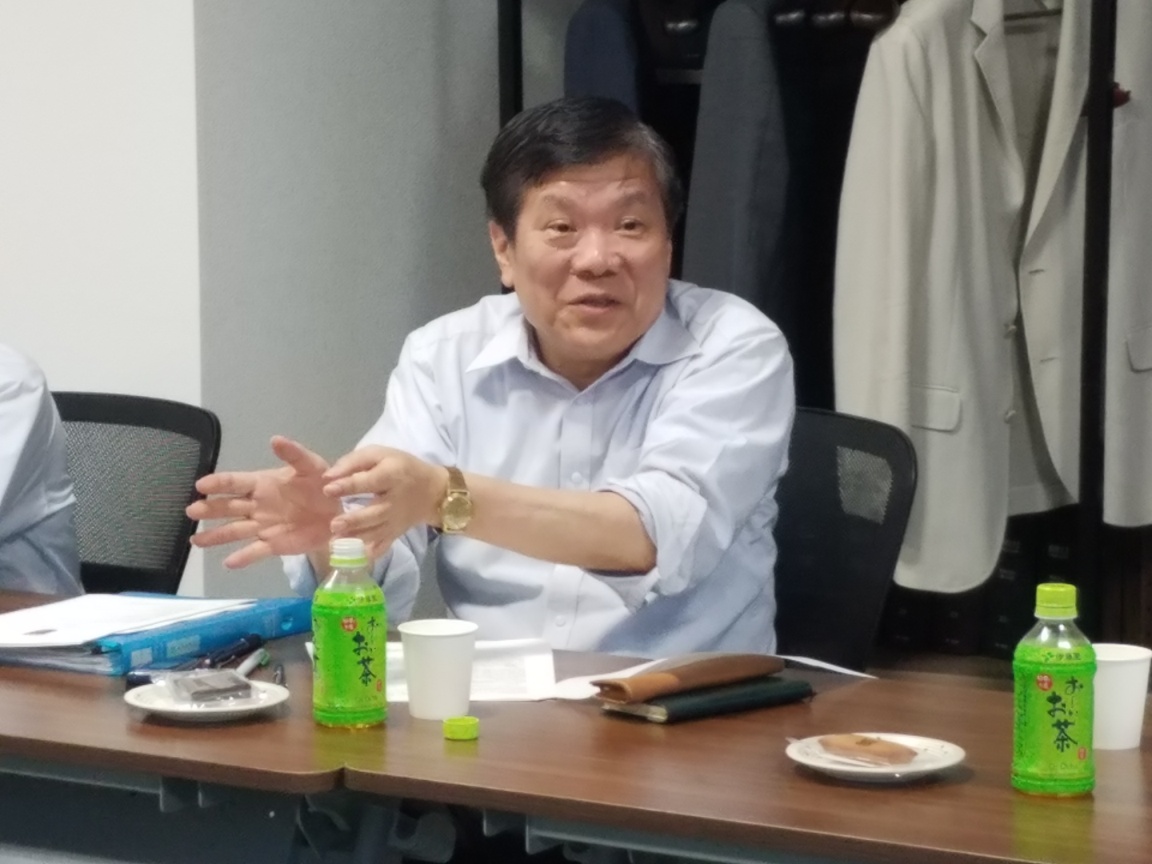
After watching videos, the participating scholars conducted a heated discussion on the trial mode of the concentrated trial based on the discussion of the practice of “exchange of pleadings before the hearing” and “settling disputes only by one court”. Professor Shintaro Kato from Chuo University, who was also the former executive vice president of the Tokyo High Court, spoke highly of the new trial mode. He believed that the concentrated trial reform in Shanghai was a good experiment for the reform of the court trial in civil law countries and was an innovation based on the combination of Chinese practices. In particular, the team of professor Zhang Wusheng cooperated with the courts to visualize the trials of Germany, the United States and other countries through the real court video or analog court video, which solved difficult problems of trial practice in various countries and regions. It had an epoch-making significance and was of great reference and enlightenment for Japanese future reforms.
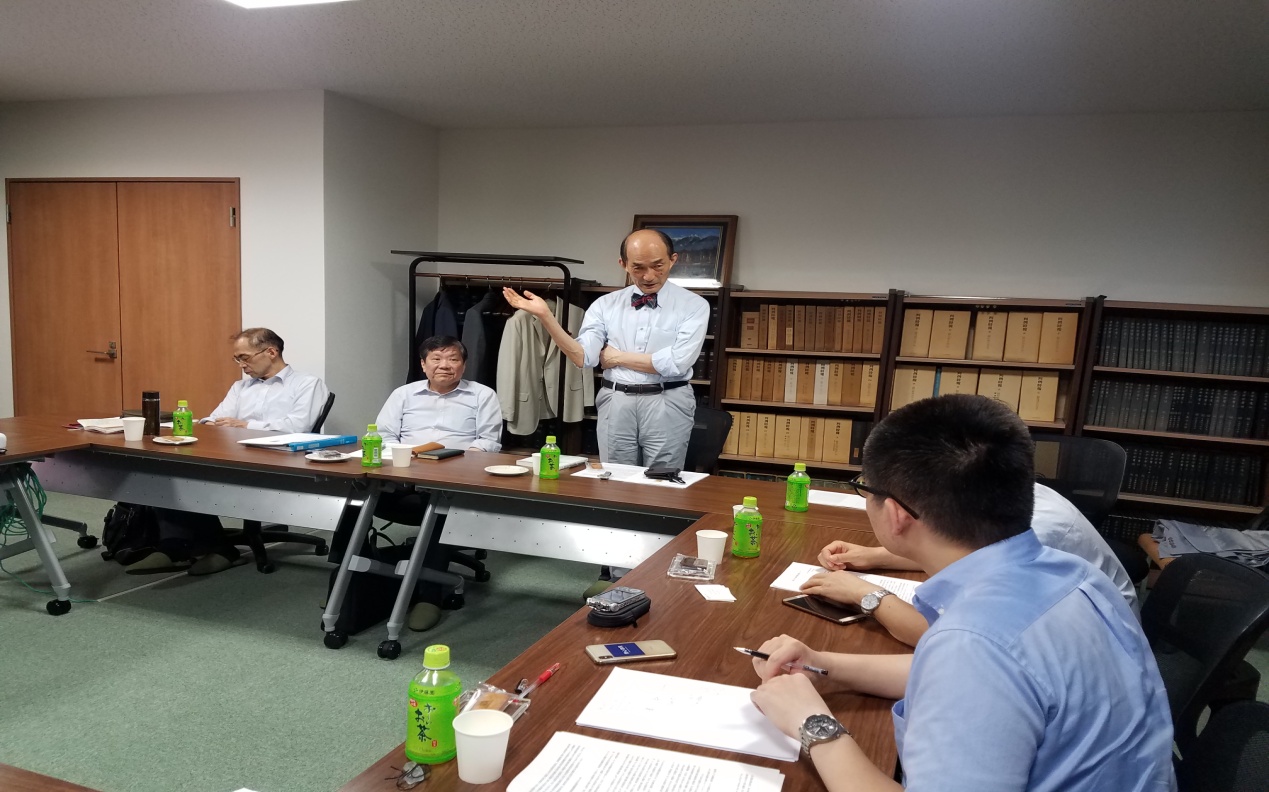
After hearing different lectures by professors from different universities, Makoto Ito, the honorary professor of University of Tokyo, made a summary of the seminar. Professor Makoto Ito pointed out that it was the critical moment of the implementation of the Japanese Civil Procedure Law for 20 years. Due to the rapid changes in society and economy, many existing systems needed to be changed because of their inability to adapt to the requirements of the Japanese society. The new trial mode proposed by professor Zhang Wusheng had important reference meaning for Japanese reform, and he looked forward to having an in-depth exchange of view and cooperation with professor Zhang in the future.
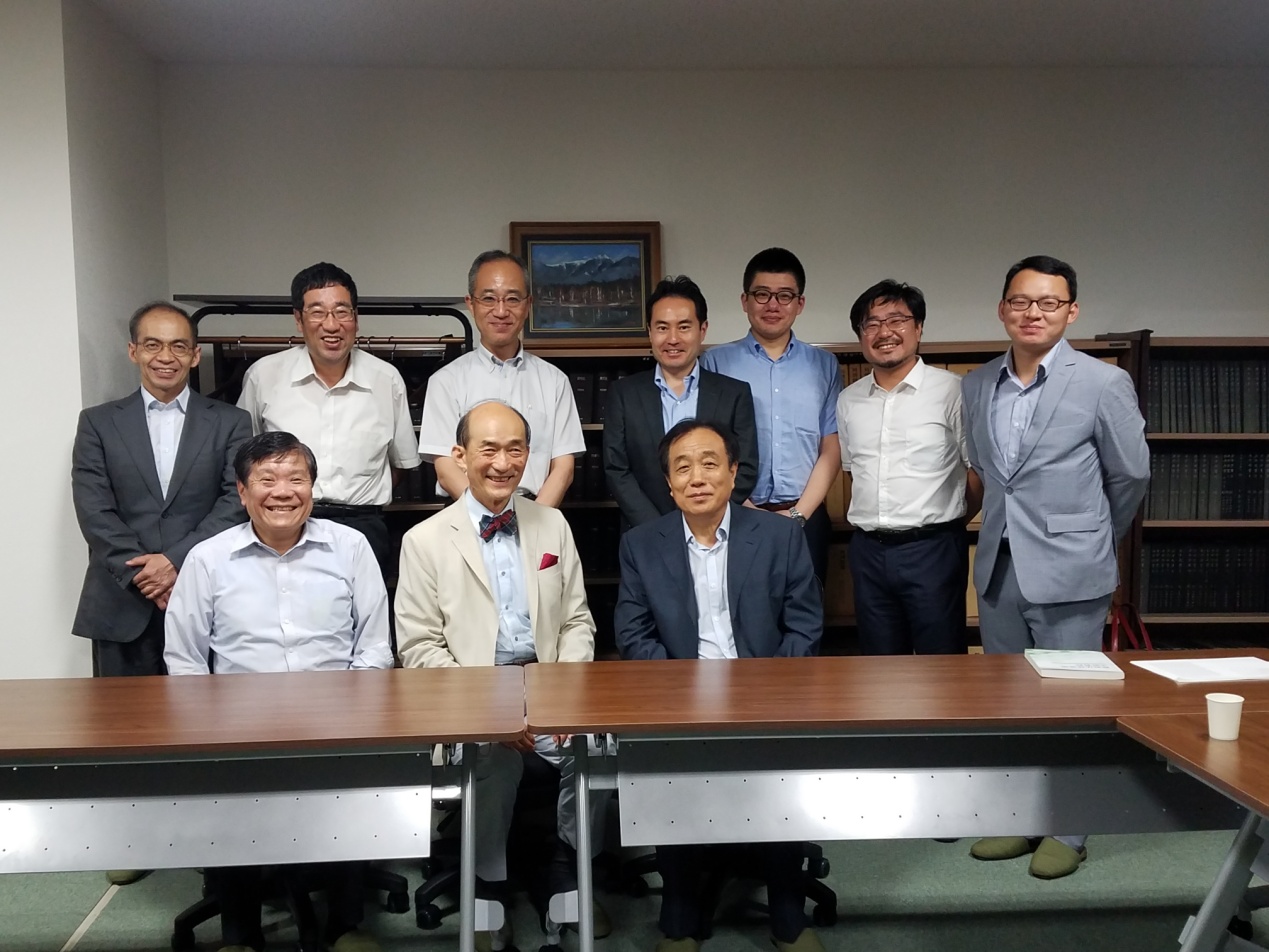
On the afternoon of the 25th, at the invitation of Ken Goto, the vice president of the Tokyo District Court, professor Zhang Wusheng and his team visited the Tokyo District Court. Ken Goto welcomed professor Zhang Wusheng and his team for the exchange of views, and led them to visit different types of trial courts, mediation courts, and judges' offices, briefly introducing the trials of the Tokyo District Court. During the symposium, professor Zhang Wusheng broadcasted the trail video reflecting the concentrated trial concept to the participating judges after a brief introduction to the new type of trial mode. Several professors working in different universities and judges from the Tokyo District Court attended the symposium.
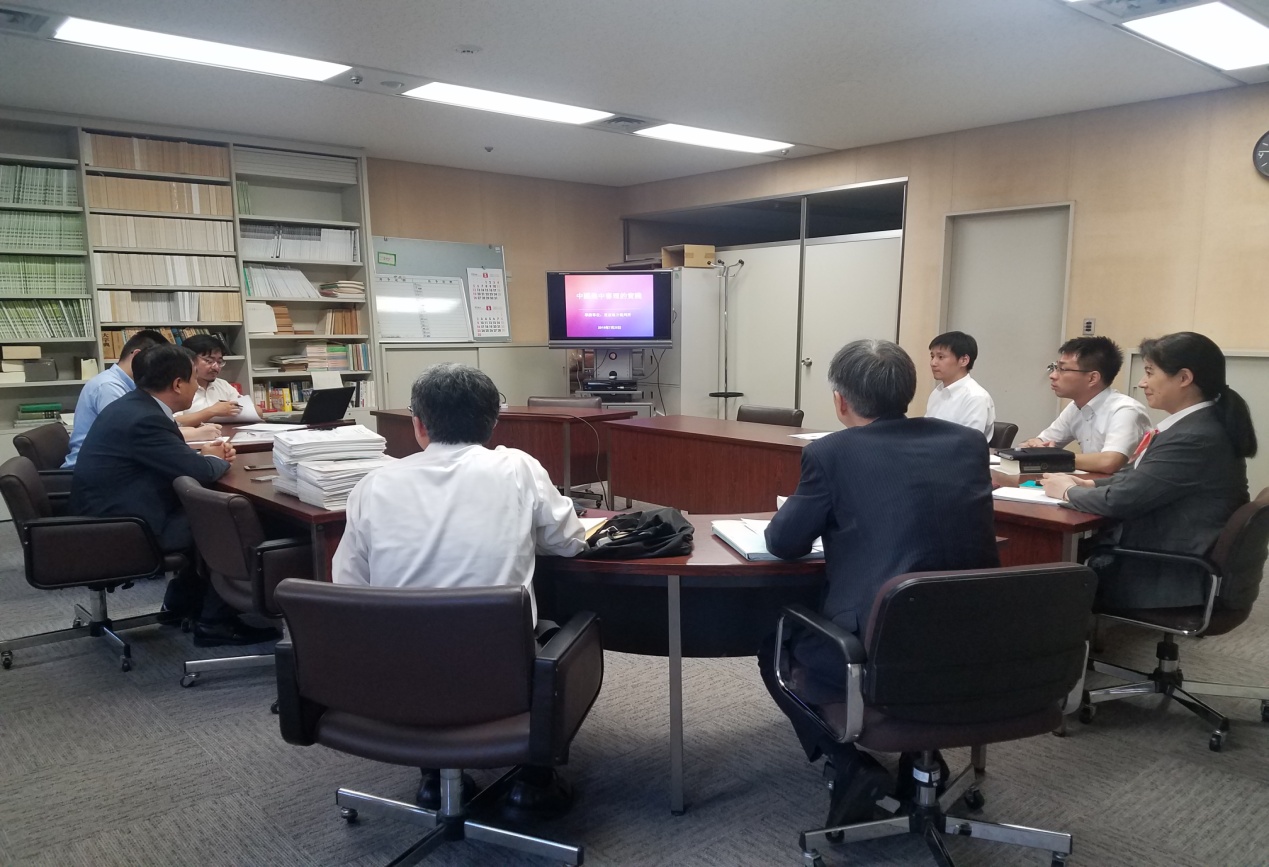
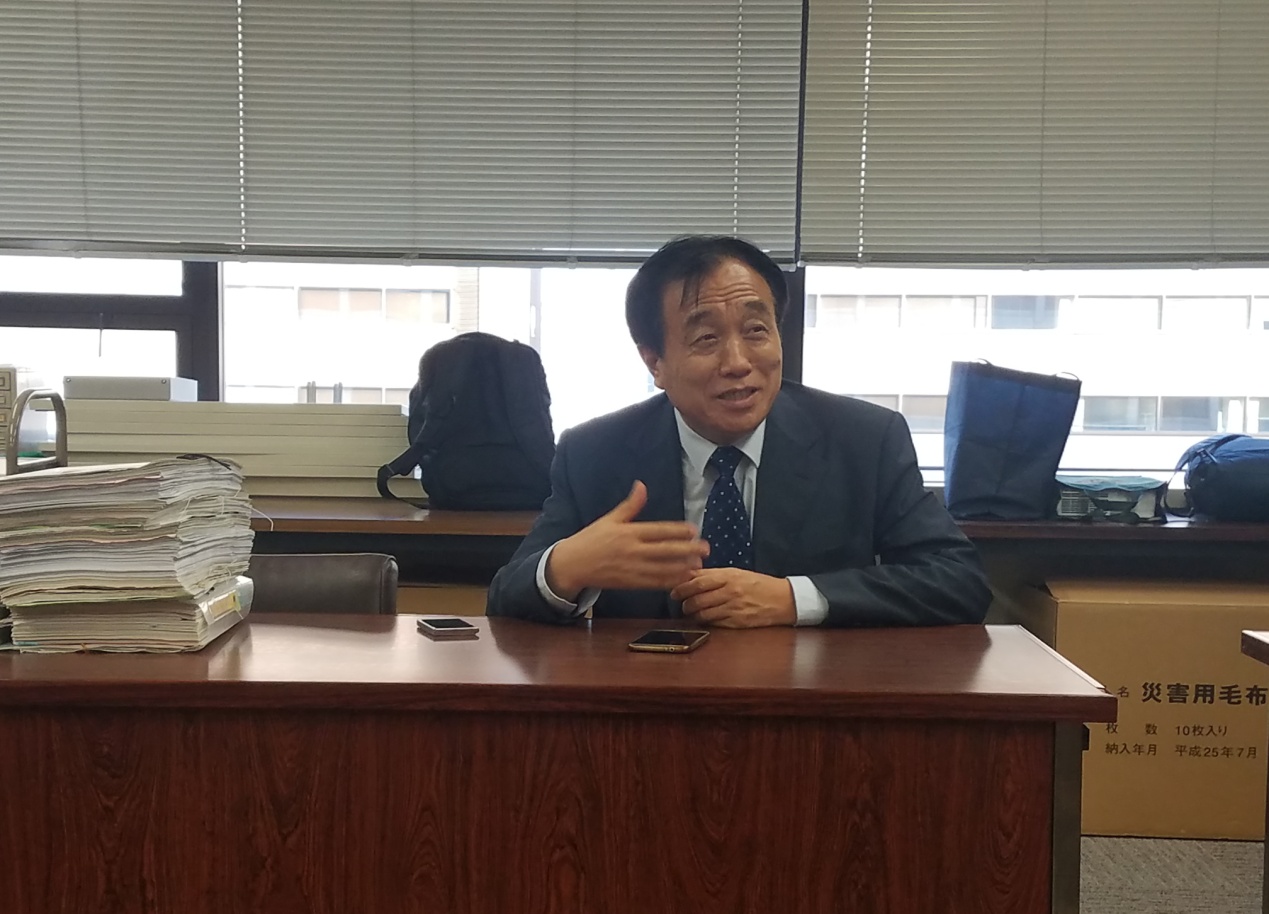
After broadcasting the video of the trial, the participating judges spoke highly of the value of the new trial mode in improving the efficiency, quality and transparency of the trial, focusing on the confirmation of contentious points in the trial, the exclusion of doubts, the interpretation of the obligation and the disclosure of the judge sure principle.
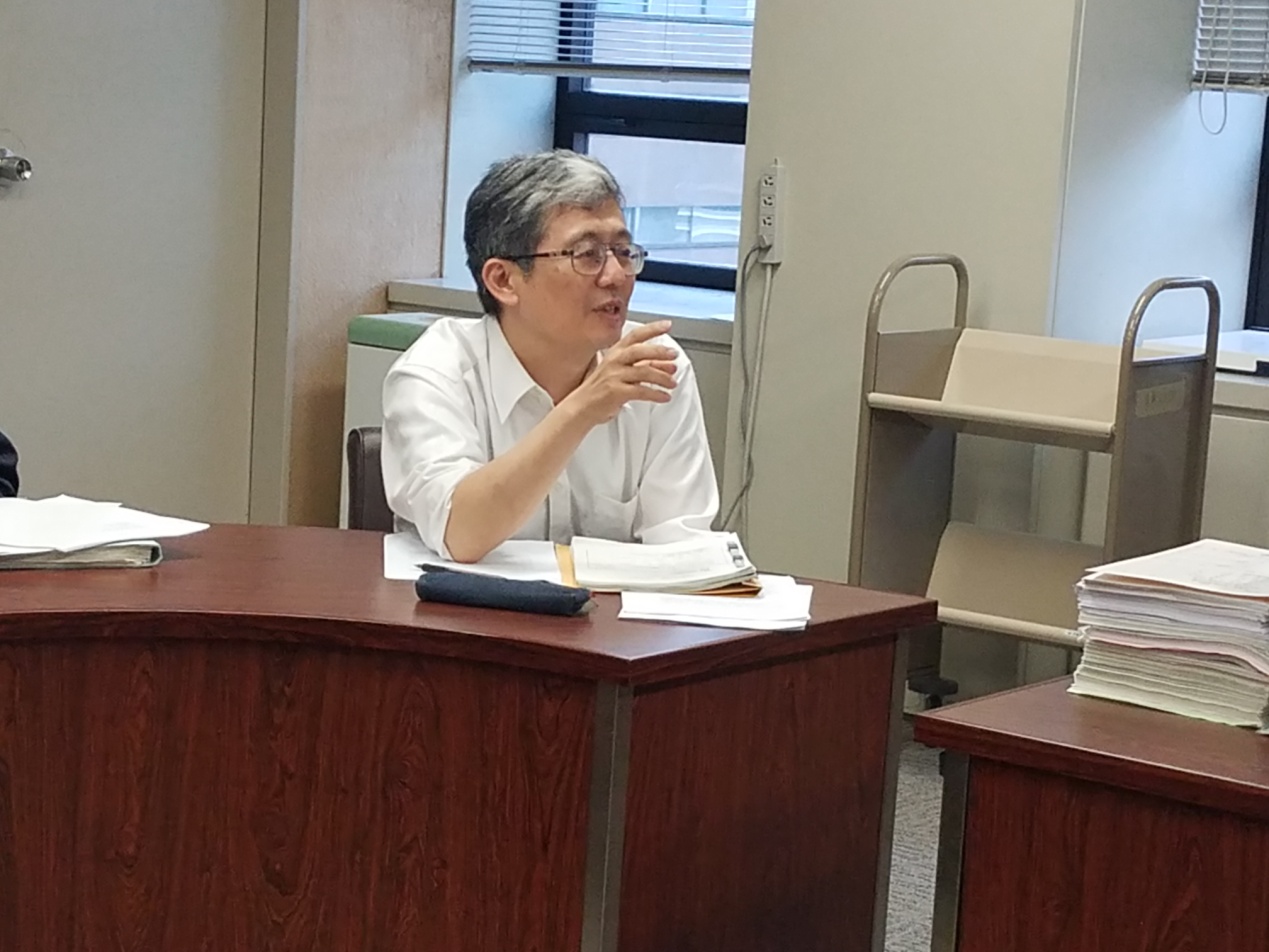

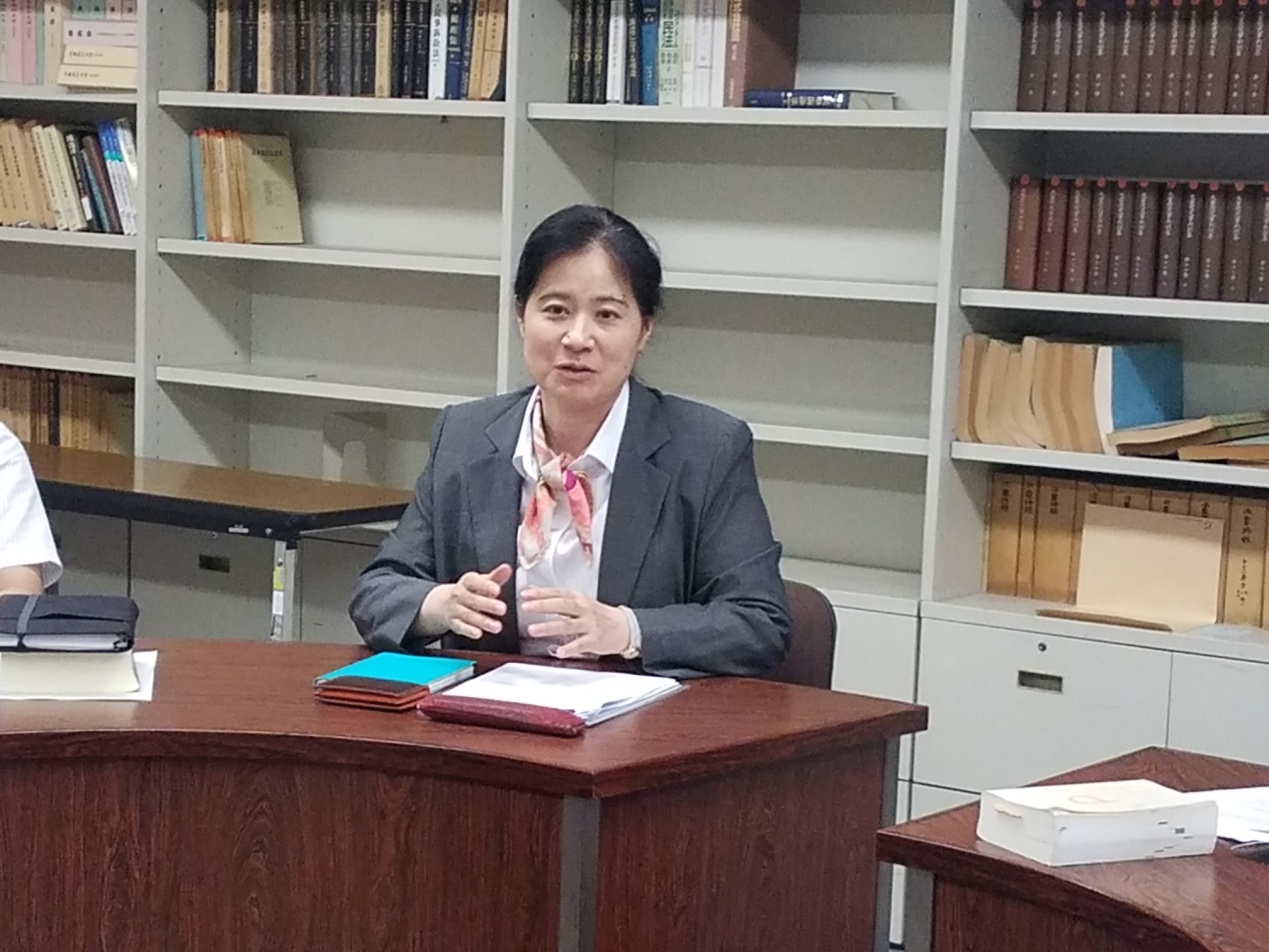
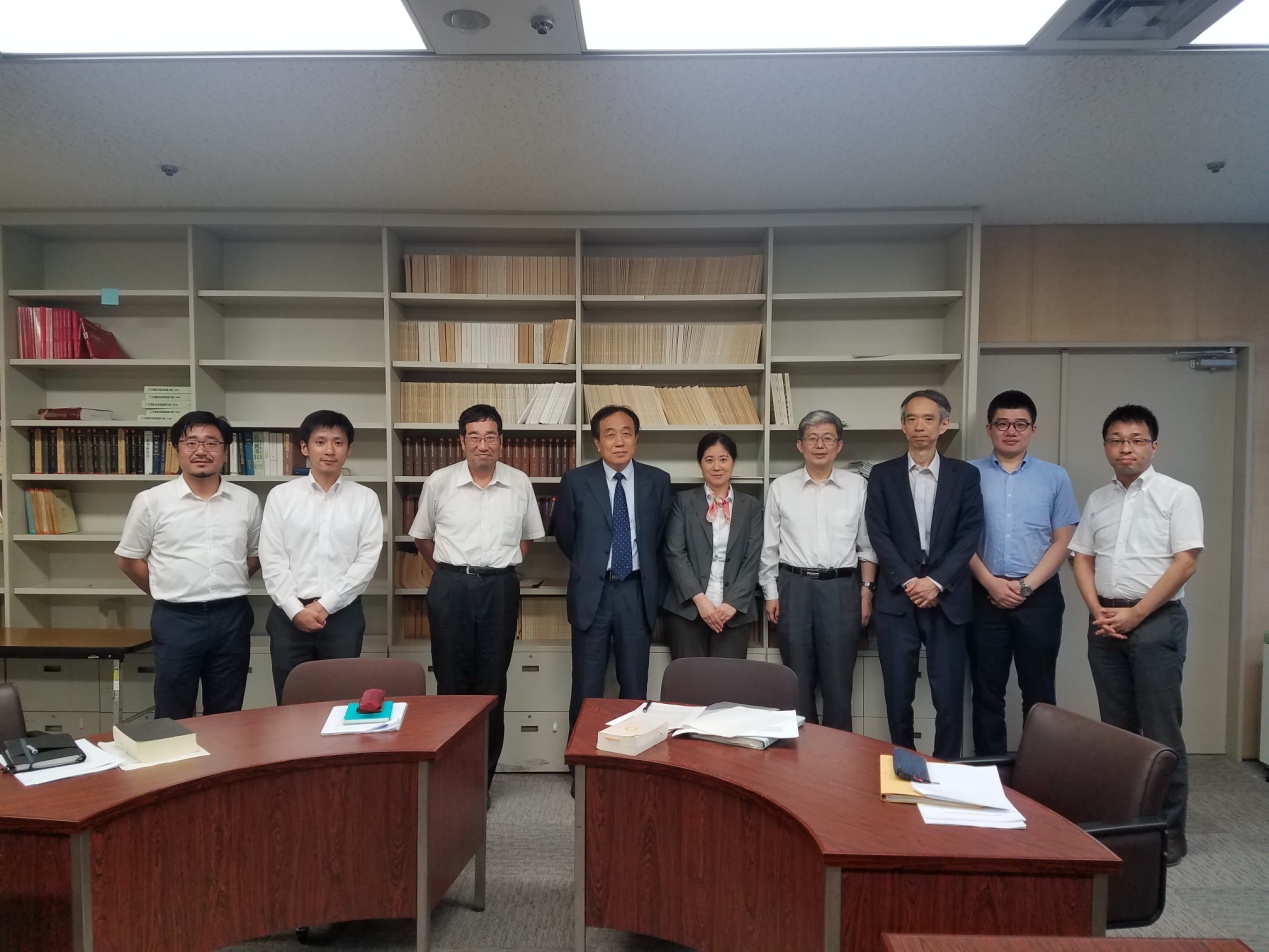
On the afternoon of the 26th, invited by Atsuro Nagano,the director of the Judicial Institute of the Japanese Supreme Court, professor Zhang Wusheng and his team visited the Judicial Training Center. In the conference room, Atsuro Nagano met with Professor Zhang Wusheng and his team and asked about the development of the new trial mode.
Subsequently, professor Zhang Wusheng and his team visited the Judicial Institute's mock court, debate and reconciliation court, lecture rooms, libraries and lecture halls, accompanied by the judge Shinpei Takazakura, who was working in the office of the Judicial Institute. After the visit, professor Zhang Wusheng and his team held a symposium with the instructors of the civil referee of the Judicial Institute, such as Kenya Suzuki. The two sides first watched the videotape recording the new trial mode, taken by the Shanghai Pudong New Area People's Court and the analog trial video filmed by the Judicial Institute. On the basis of these videos, the two sides exchanged the ideas and methods of the new trial mode.






